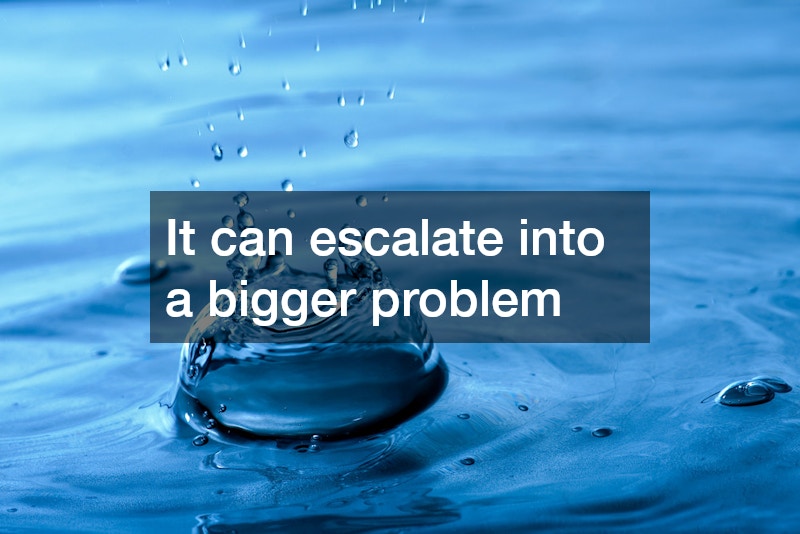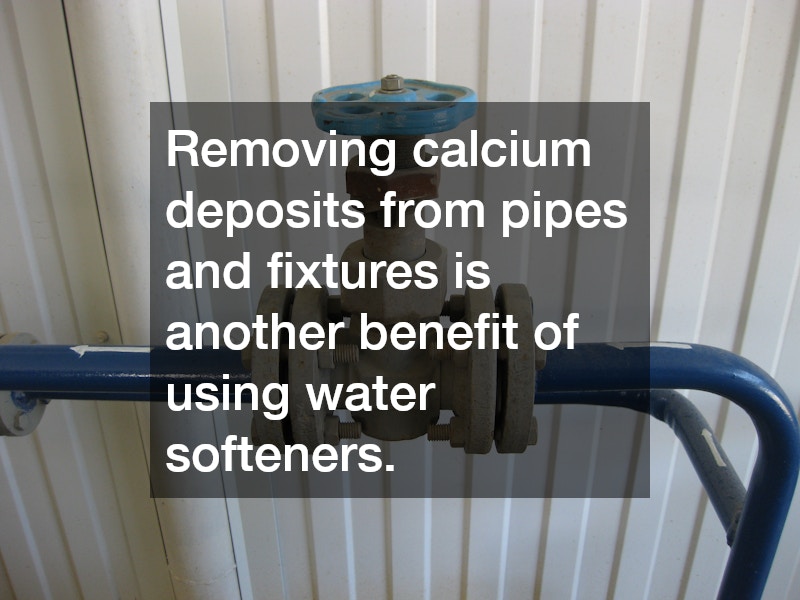
A water heater leaking is a common issue that requires immediate attention to prevent water damage and potential system failure. Leaks can occur due to corrosion, loose connections, or excessive pressure inside the tank. Some of the most frequent causes are a water heater seal issue or a cracked water heater, which can lead to slow leaks that worsen over time. Seals around the inlet and outlet pipes, as well as the pressure relief valve, should be inspected and replaced if damaged.
If your water heater is showing signs of wear, regular maintenance can help extend its lifespan. Flushing the tank, checking for sediment buildup, and inspecting the anode rod are essential steps in preventing leaks and ensuring efficient operation. A hot water heater hissing and leaking may indicate a serious issue, such as pressure buildup or a failing pressure relief valve. The hissing sound often comes from steam escaping or water dripping onto a hot surface, signaling that professional inspection is needed.
If you notice your water heater dripping, check the drain valve and connections for tightness. While a slow drip might not seem urgent, it can escalate into a bigger problem if left unchecked. Addressing leaks early can save you from costly repairs or a complete replacement, ensuring your water heater operates safely and efficiently.

Water softeners are valuable solutions for homes and businesses facing issues with hard water. Hard water contains high levels of minerals, primarily calcium and magnesium, which can lead to hard-scale buildup. Over time, these minerals accumulate on the insides of plumbing, fixtures, and appliances, creating significant problems like scaling pipes. When minerals deposit inside pipes, they create scale in pipes that gradually restricts water flow, decreases water pressure, and increases energy usage in appliances.
The buildup of hard scale can also affect water heaters, dishwashers, and washing machines, causing them to work harder and wear out faster. To combat these issues, water softeners work by exchanging calcium and magnesium ions with sodium or potassium ions, effectively softening the water and preventing future mineral buildup. Softened water flows freely, extending the life of plumbing and making appliances more efficient.

Removing calcium deposits from pipes and fixtures is another benefit of using water softeners. Softened water dissolves existing mineral buildup over time, restoring plumbing efficiency and reducing clogs. Not only does this lower maintenance costs, but it also improves the quality of water for bathing, cleaning, and washing clothes. By addressing hard scale, scaling pipes, and scaling in pipes with water softeners, you can enjoy better water quality, prolonged appliance life, and reduced repair costs.
Dealing with a clogged drain and other home plumbing issues can be frustrating and disruptive. A simple clog might seem like a minor inconvenience, but it can lead to more severe drain problems, and how they impact your life goes beyond just slow water flow. You might be dealing with unpleasant odors, standing water, or potential property damage.
Often, these issues result from bad plumbing maintenance and related issues that have been overlooked over time. It’s easy to miss the signs of bad pipes and underlying issues that are not always detected until they turn into bigger problems. However, routine checks and timely repairs can prevent these issues in many cases. But sometimes, they get past even the most vigilant homeowner.
At times, the only solution is to consider new plumbing installation services when needed. This might be the best way to address persistent problems that simple repairs can’t fix. By taking proactive steps to maintain and update your plumbing, you can avoid the stress and expense of neglected systems.

Paying attention to your home’s plumbing can make a big difference in your day-to-day comfort and long-term peace of mind, empowering you to make decisive decisions about your home. Don’t wait for issues to arise! Work with your local plumbing experts today to care for your home plumbing system!

It’s to take your home’s plumbing system for granted. After all, most people have an “out of site out of mind” approach when it come to maintaining their home’s plumbing system until common household plumbing issues arise. Funny how these things happen at the most inconvenient of times, such as when guests are visiting, when you’re running late for a job interview, or when you have a date over! Luckily, there are plenty of things homeowners just like you can do in order to avoid most common plumbing problems as well as the expense and headaches that go along with them.
Check out these examples of common household plumbing issues and what you can do to avoid them.
Know when to hire a plumber to perform professional plumbing services and repairs
Although many people will put off or avoid calling a professional plumber until the last possible minute in order to save money, this actually costs a lot more in the long run. Attempting to perform plumbing repairs on your own is not only dangerous in some cases but you may also inadvertently do even more damage to your plumbing which will only cost you more in the end. In addition, putting off plumbing repairs only makes the problem worse and more difficult to fix. Even the heartiest do it yourselfers shouldn’t attempt plumbing repairs such as saudering or repiping! It’s also important to note to schedule regular home plumbing inspections even if you aren’t having plumbing problems, as many common household plumbing issues aren’t always visible to the naked eye.
Clogged garbage disposals
Not only is this one of the most common household plumbing issues but it’s also one of the most avoidable! Your garbage disposal many sound pretty mean and like it can chew through anything, but the truth is that your garbage disposal is not a trash can. Attempting to dispose of tough, fibrous, or greasy kitchen waste such as bones, meat, oil, corn on the cob, melon rinds, pasta, potatoes, shellfish shells, and other hard or waxy items will only to stubborn clogs and stinky drain odors. These kinds of kitchen waste should either be thrown in the trash or compost pile. It’s also important to run the faucet for a second before, during, and after the garbage disposal is in use in order to keep things flowing smoothly and remove any debris that could cause build up or strong odor.
Plugged up toilets
A toilet that just won’t flush or that is threatening to runneth over is surefire way to kill yours or anyone’s vibe. Fortunately, this is an extremely avoidable problem even though it still tends to be one of the most common household plumbing issues. Just like your garbage disposal, your toilet is not and will never be a trash can. It may sound like it can flush just about anything, but there are several items that cannot and should not be flushed down the toilet. These include prescription medication, tampons, pads, condoms, paper towels, food, baby wipes, so called “flushable” wipes, large amounts of toilet paper, plastic, and cotton balls or swabs. Keep a waste basket in close proximity to the toilet in order to encourage household members and guests to keep these and other unflushable items out of the toilet. And although you might be able to remove some clogs on your own with a plunger, a toilet that constantly clogs may indicate a much larger and more serious plumbing problem that requires professional repair.
Sneaky leaky faucets
Everyone knows how annoying it is when you’re trying to sleep and all you can hear is the steady drip, drop, drip, of a leaky faucet. But not everyone knows how much water this can waste or how expensive it can be. A leaky faucet can waste as much as 10,000 gallons of water each year and drive up your water bill. What’s even worse is that many plumbing leaks are nearly impossible to find. One of the benefits of hiring a plumber to perform an inspection is they will be able to find hidden water leaks that could be causing problems such as mold growth behind the scenes.

